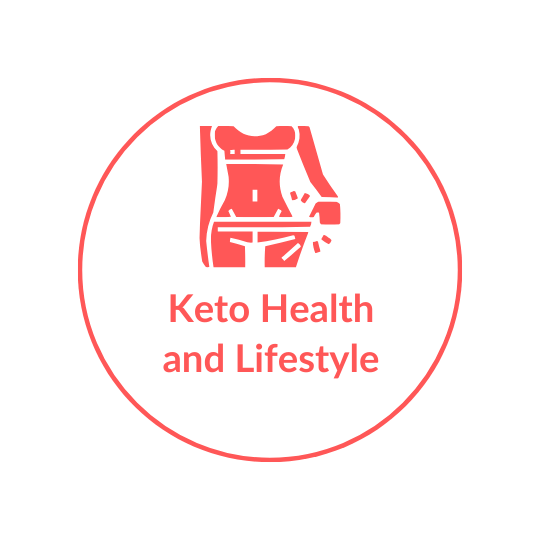Keto Dictionary
Keto Dictionary and Glossary of Terms
Starting keto can feel overwhelming, especially with all the new terms thrown at you. This keto dictionary simplifies the jargon, breaking down key keto terms into plain language. Think of it as your go-to glossary for all things keto, making your journey easier and stress-free!
Synthetic compounds that combine ketone bodies with an ester group, designed to rapidly elevate blood ketone levels when consumed. These nutritional supplements provide an exogenous source of ketones—primarily beta-hydroxybutyrate (BHB)—that can be used by the body for energy without requiring adherence to a ketogenic diet or fasting. Ketone esters are used by athletes for potential performance enhancement, by researchers studying metabolic therapies, and in clinical settings exploring treatments for neurological conditions. They are distinguished from ketone salts by their chemical structure and typically faster, more efficient absorption, though they often have an unpleasant taste.
Exogenous ketones are ketone supplements you consume from an external source, as opposed to ketones your body naturally produces (endogenous ketones) during fasting or a very low-carb ketogenic diet.
They typically come in three forms:
- Ketone salts – ketones bound to minerals like sodium or potassium
- Ketone esters – ketones in their raw form, more potent but often unpleasant tasting
- Ketone precursors – compounds your body converts into ketones
People use them to quickly raise blood ketone levels without strict dieting, potentially for benefits like increased energy, mental clarity, or athletic performance. However, they’re controversial – while they do raise ketone levels in your blood, there’s debate about whether they provide the same benefits as ketones produced naturally through metabolic changes, and they can be expensive with some gastrointestinal side effects.
A low carb diet is when you eat fewer foods that turn into sugar in your body, like bread, pasta, and candy, but not as strict as keto. It’s like having a small cookie instead of a whole cookie jar, while still enjoying lots of meat, eggs, and veggies.
The high-protein ketogenic diet is designed to cater to individuals with distinct dietary needs or goals, this version shifts the macronutrient ratios slightly to focus on increased protein intake.
The Cyclical Ketogenic Diet (CKD) is a unique variation of keto designed to incorporate carb-loading days within a high-fat, low-carb eating framework.
A targeted ketogenic diet (TKD) is like the regular keto diet, but you get to eat a little bit of fast digesting carbs either right before or after you exercise, which gives you extra energy for your workouts while still mostly using fat for fuel the rest of the time.
The standard ketogenic diet is like telling your body to use fat instead of sugar for energy by eating lots of foods with fat (like cheese, meat, and avocados) and very few foods with sugar or bread. It’s kind of like switching your body’s fuel from gas to diesel!
The ketogenic diet is a very low-carbohydrate, high-fat eating pattern that forces your body to use fat for fuel instead of glucose, putting you into a metabolic state called ketosis. The diet typically restricts carbs to under 50g per day while emphasizing foods like meat, fish, eggs, nuts, oils, and non-starchy vegetables.
Macronutrients are the three main nutrients your body needs: fats, proteins, and carbohydrates.
Keto protein refers to protein sources that contain very few or no carbohydrates, making them suitable for the ketogenic diet – common examples include meat, fish, eggs, and some protein powders specifically formulated to be low-carb. This type of protein helps people maintain muscle mass while following a ketogenic diet without disrupting ketosis.
Ketosis is a metabolic state where your body primarily burns fat for energy instead of carbohydrates, achieved by significantly reducing carbohydrate intake.
